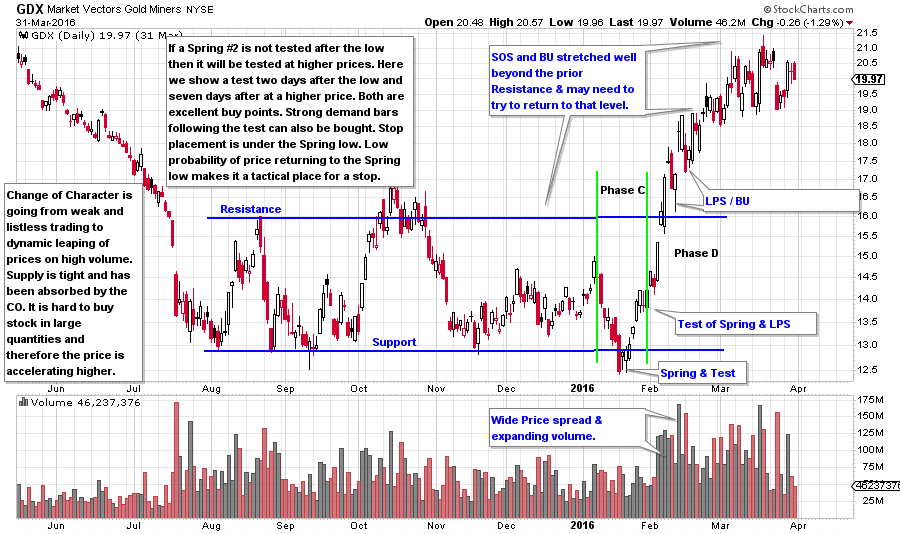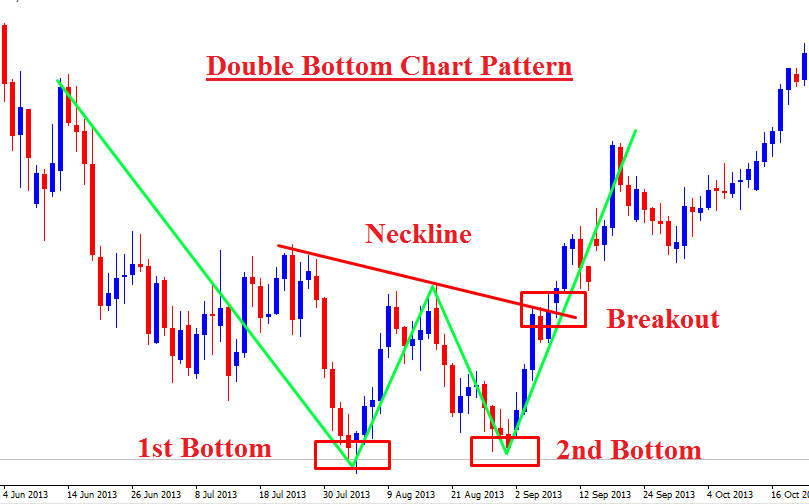Asian stock markets rose on Tuesday, as investors cheered the easing of US inflation pressures and the better-than-expected economic data from China.
The US consumer price index (CPI) rose 0.4% in October, down from 0.6% in September, and below the market consensus of 0.5%. The annual inflation rate slowed to 5.4%, from 5.8% in September, and matched the market expectations. The core CPI, which excludes food and energy, rose 0.2% in October, down from 0.4% in September, and below the market consensus of 0.3%. The annual core inflation rate eased to 4.2%, from 4.4% in September, and below the market expectations of 4.3%.
The softer inflation data eased some of the concerns about the Federal Reserve's tapering of its bond-buying program and the timing of its interest rate hikes. The Fed announced last week that it would reduce its monthly asset purchases by $15 billion, starting from November, and signaled that it could raise interest rates as soon as next year, if the inflation and labor market conditions warrant.
Meanwhile, China reported a stronger-than-expected growth in its industrial production and retail sales in October, despite the power shortages and COVID-19 outbreaks that weighed on its economic activity. China's industrial production rose 3.5% year-on-year in October, up from 3.1% in September, and above the market consensus of 3.0%. China's retail sales increased 4.9% year-on-year in October, up from 4.4% in September, and above the market consensus of 3.6%.
The upbeat data suggested that China's economy was stabilizing after a slowdown in the third quarter, and that the government's stimulus measures and easing of COVID-19 restrictions were having a positive impact. China's central bank also injected 100 billion yuan ($15.6 billion) into the banking system on Tuesday, in a move to boost liquidity and support the economic recovery.
The positive news from the US and China boosted the sentiment in the Asian stock markets, which had been under pressure in recent weeks due to the global supply chain disruptions, the energy crisis, and the geopolitical tensions. The MSCI Asia Pacific Index, which tracks the performance of stocks across 11 countries in the region, rose 1.2% on Tuesday, its biggest gain in a month.
Among the major markets, Japan's Nikkei 225 Index surged 2.1%, its highest level since 1991, as the yen weakened against the dollar and the government announced a new stimulus package worth 56 trillion yen ($480 billion) to support the economy amid the pandemic. China's Shanghai Composite Index gained 0.7%, as the easing of inflation worries and the strong economic data outweighed the regulatory uncertainties and the debt woes of the property sector. Hong Kong's Hang Seng Index advanced 1.5%, as the technology and consumer sectors rebounded from their recent losses. South Korea's Kospi Index climbed 1.4%, as the semiconductor and battery makers benefited from the global demand recovery. Australia's S&P/ASX 200 Index rose 0.6%, as the mining and energy stocks rallied on the higher commodity prices.







